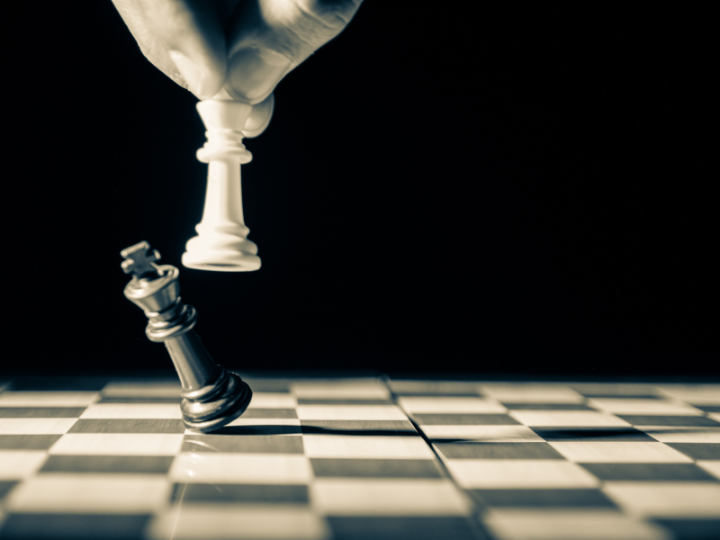by Giles Merritt*
Europe’s dwindling international influence has been a leitmotif of the 21st century. The world has watched China’s rise, and the United States’ exasperated reaction, while Europe has been relegated to the sidelines. It is a pattern that bodes ill for a world in turmoil, and raises uncomfortable questions about the EU’s future role.
The European Union is still widely admired for its magnetic powers of attraction and its resilience. It continues to draw disparate nations into collective decision-making despite daunting difficulties, and is a model for international cooperation that others in Asia, Africa and Latin America wish they could emulate.
Unlike both the US and China, the EU is generally seen as an honest broker. Few of the world’s 200 or so nation states relish an Orwellian future in which rival blocs squabble over financial and mineral resources. A key solution could be the emergence of Europe as a non-aligned super-power. Nobody can predict what a more global EU might look like, or how it could be achieved, but it’s clear that a strong new geopolitical player would be a force for good.
The political distance is enormous between today’s largely economic EU and a globally powerful new Europe. Increasingly mired by worrying divisions over Ukraine, the Union has fretted inconclusively for decades over its identity. Is it fundamentally a trading arrangement, or is it a single economy and therefore a unified political entity?
But these arguments pale when set against the global picture. Europe’s responsibilities extend far beyond its frontiers. Millions of refugees are fleeing misery and famine, and billions more live on the knife-edge between subsistence farming and urban poverty. The international bodies set up in the latter 20th century to coordinate and increase development assistance are being stymied by population growth and climate change, with geopolitical rivalries making matters worse.
China spotted these adverse conditions in the so-called ‘Global South’ as a leadership opportunity. Forceful diplomacy has seen it rally the BRICS bloc into a Chinese-led arrangement in which Russia is just an also-ran and Brazil, India and South Africa are uncoordinated followers.
Although western analysts downplay the importance of a possible enlargement of the BRICS grouping as a counter to the wealthier economies’ G-20, China’s strategy has unquestionably been paying off. Three-quarters of United Nations members are poor, indebted and resentful of the trade and economic conditions imposed on them by the rich minority.
Whether the EU has the political willpower to realign itself more closely with the world’s underprivileged is an open question. Public opinion in Europe seems oblivious to deep-seated structural weaknesses like ageing and waning industrial competitiveness. Nor does populism encourage discussion of difficult strategic decisions.
Discussion of Europe’s changing global role is also complicated by ‘loyalty’ to America when the US is shouldering so much of the Ukraine war’s costs. Yet Europeans also know that ‘America First!’ is not just a Trump slogan and reflects a wider US mood shift. If EU policymakers can no longer rely on Washington, the argument goes, then the US must accept that Europe will increasingly tread its own path.
It will nevertheless be difficult to disentangle Europe’s geo-strategic thinking from shared EU-US concerns like Ukraine and future relations with Russia. Europe’s political leaders would need to focus on the medium-term future up to 2050 instead of their problems of today. The engine for a new global strategy should be the EU, but right now it is far from ready for the role. Preoccupied with bread-and-butter internal matters, the EU has still to fashion its ten-year-old European External Action Service into a muscular diplomatic arm.
The EU’s national governments call the shots in the European Council, and their disarray is legendary. The scale of the challenges Europe has faced ensured they eventually resolve immediate difficulties, but now they must prepare the EU for an even more taxing future in an increasingly volatile world. It’s time for the EU to focus on present dangers like the crisis in Israel, and on those that threaten on the horizon.
*Founder of Friends of Europe
**first published in: Friendsofeurope.org
***see also -> Global Europe 1: The EU’s path to super-power status




 By: N. Peter Kramer
By: N. Peter Kramer

